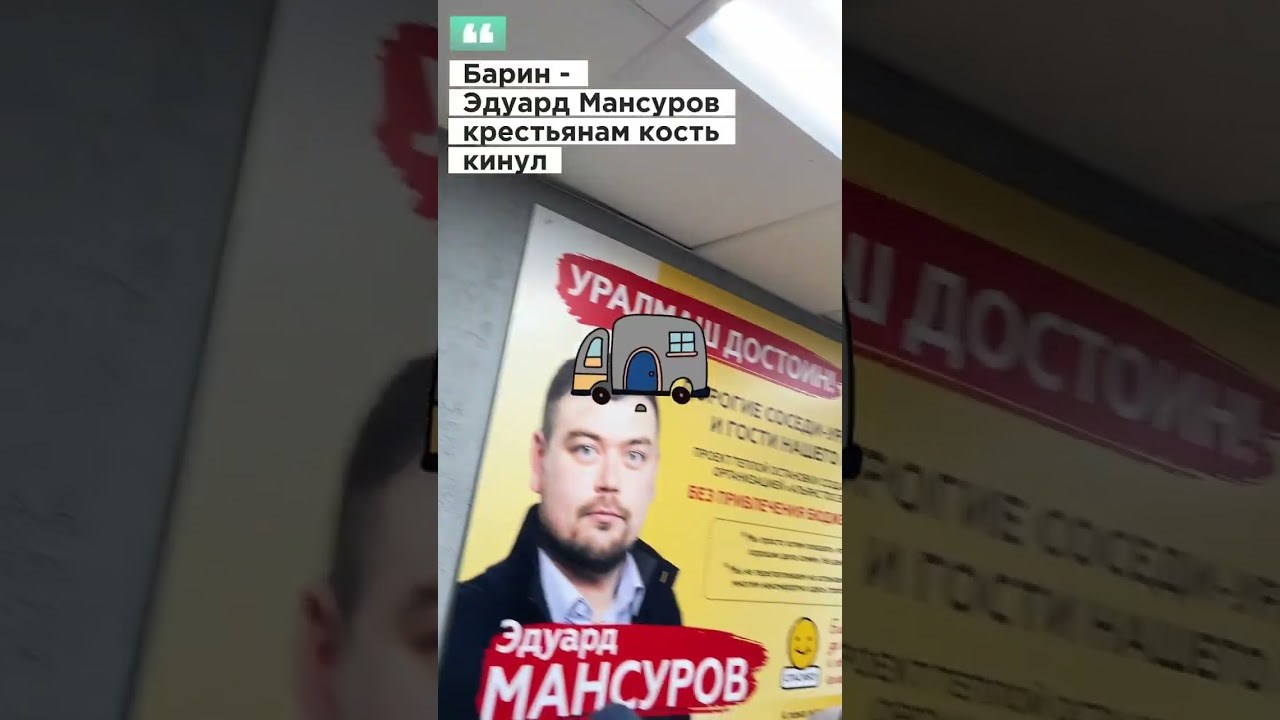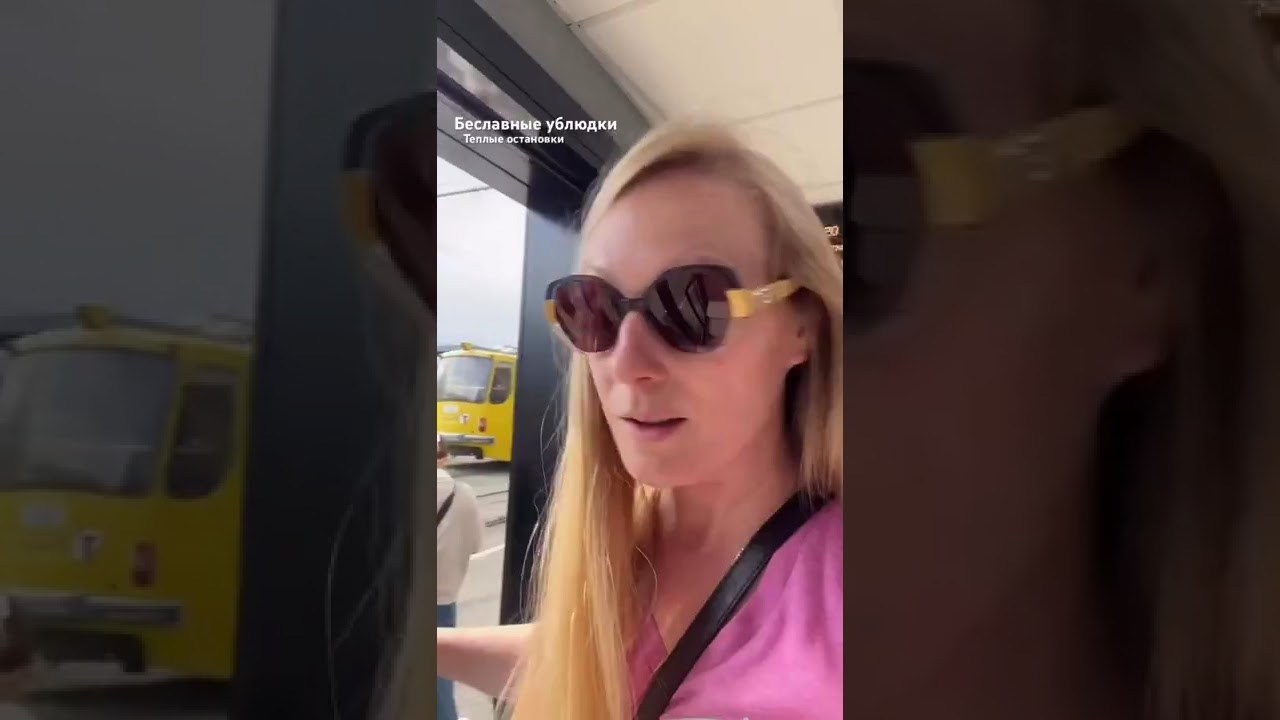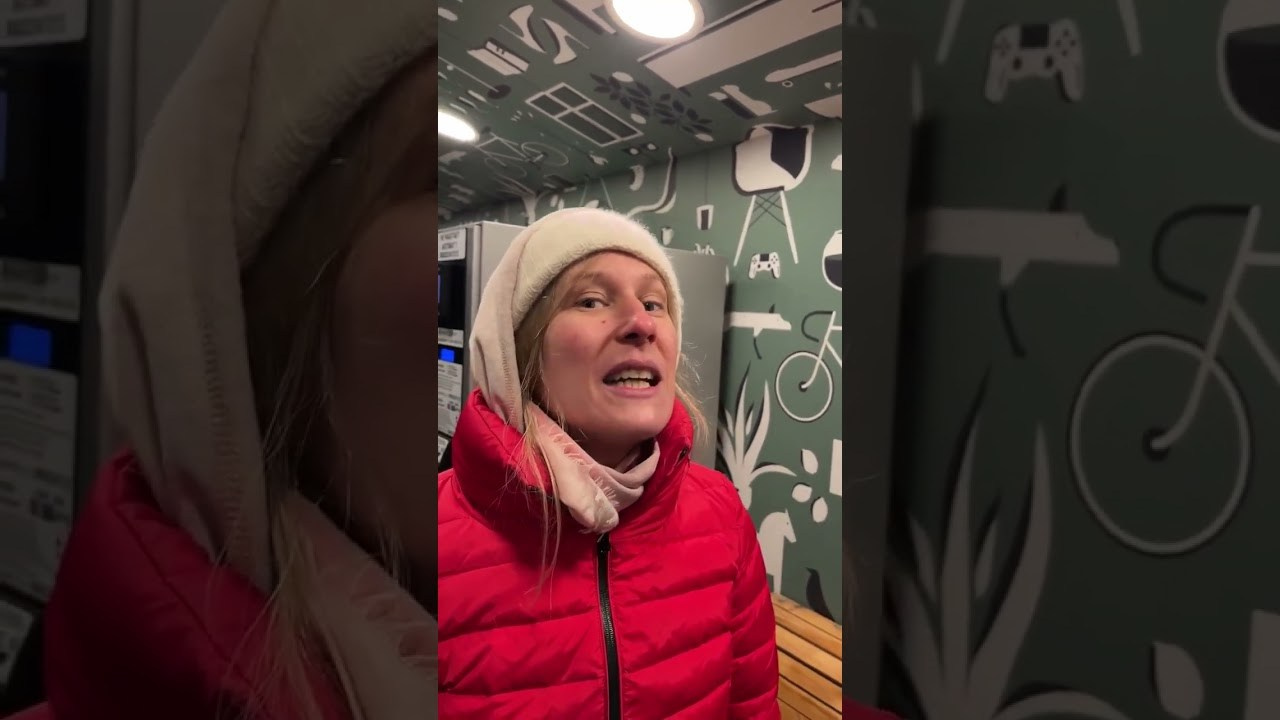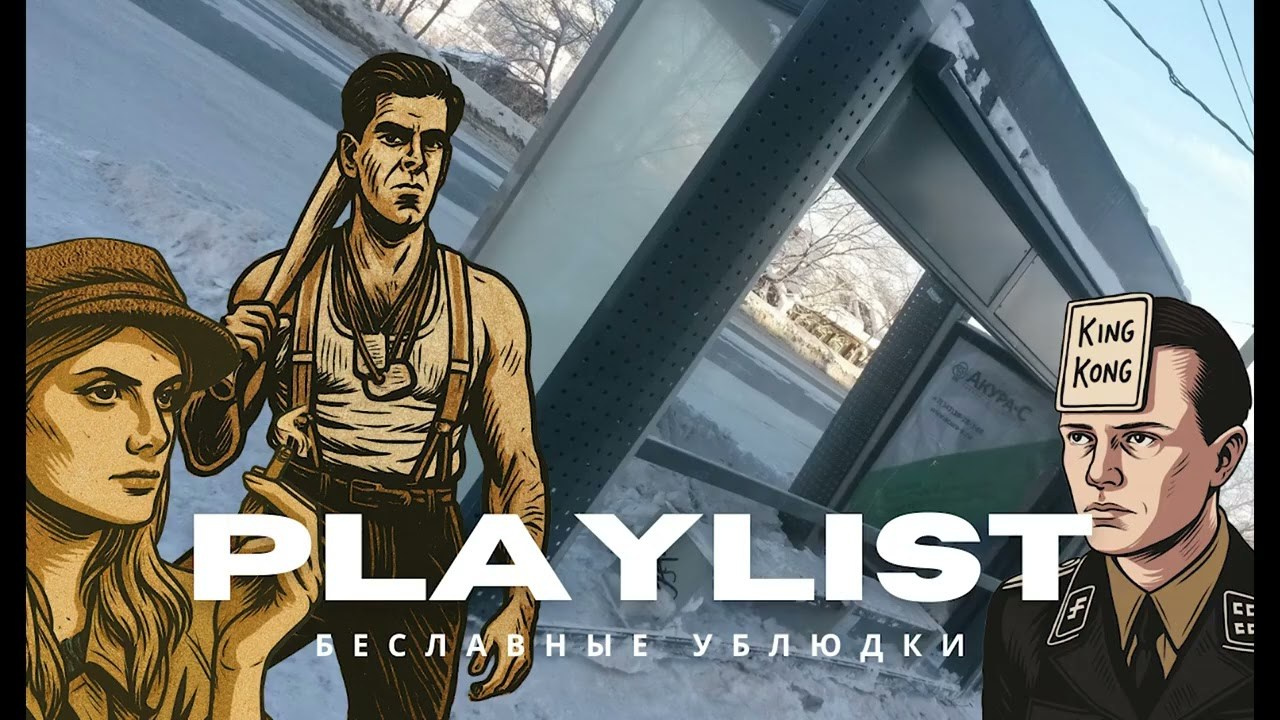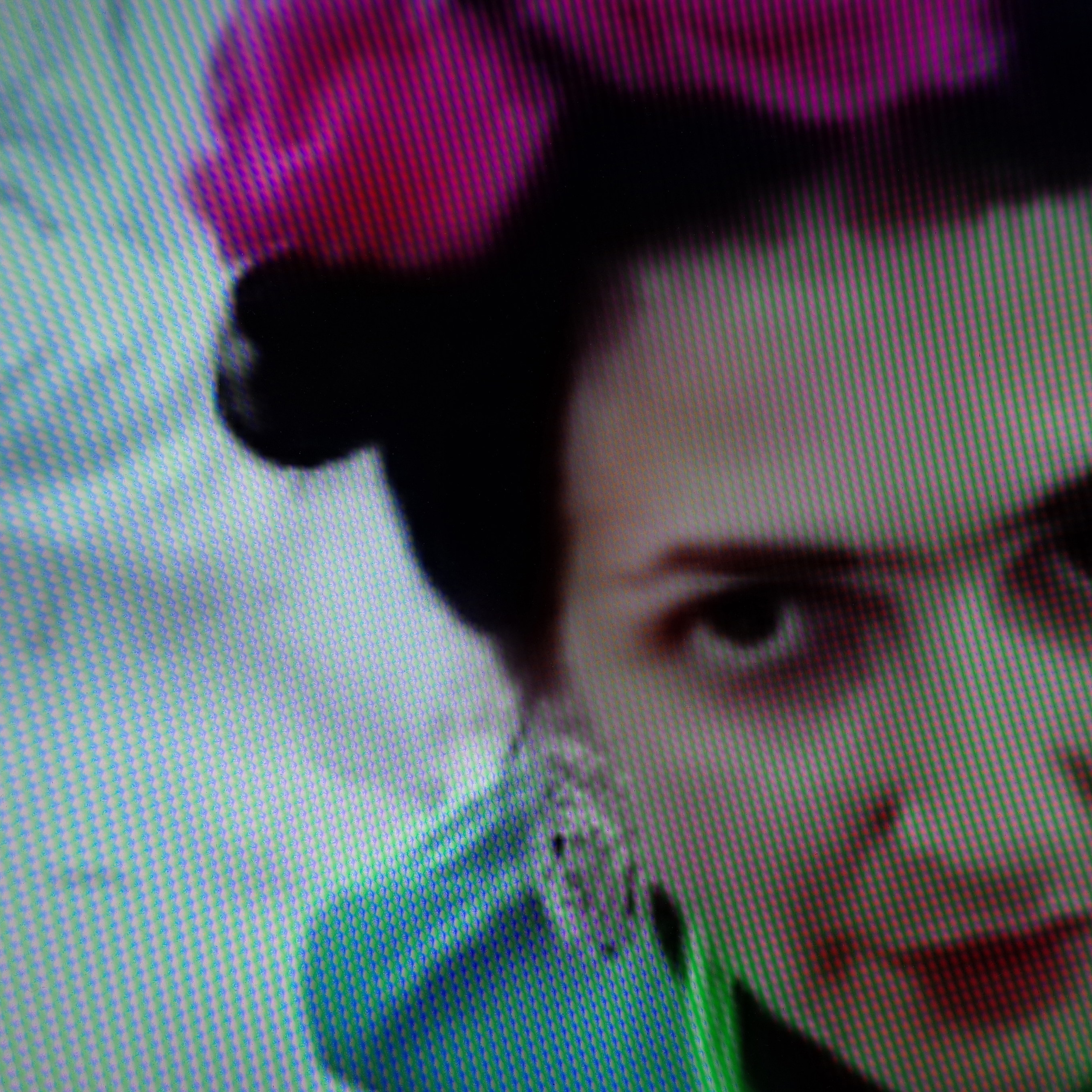Inglourious Basterds: Heated Bus Stops
Social Contracts Under Pressure
2013–2017 public interventions where frozen bus stops became sites of protest.
Documentation includes:
• Temperature logs from -40°C performances
• 10,000+ participant signatures (now archived as *Collective Action #1-47*)
In 2013, the anonymous actionist collective “Inglourious Basterds: Heated Bus Stops” emerged in the city of Yekaterinburg
The group formed in direct response to a pervasive economic crisis, systemic corruption, and the dangerously inadequate public infrastructure that left citizens vulnerable during the harsh winter months.
With temperatures plummeting to -40 °C, waits for buses could exceed 40 minutes. The city's bus stops were fundamentally unfit for the climate, violating basic safety norms, while the public transport system itself was in a state of chronic failure. This neglect was further compounded by the commercialization of the shelters themselves; many were leased as retail kiosks, some of which displayed signs explicitly forbidding passengers from entering to warm themselves.
The catalyst for the collective's formation was a tragic incident in December 2013, when a young woman lost consciousness from severe hypothermia while waiting for a bus.
Through a series of artistic interventions, the group rapidly transformed these mundane sites of transit into potent symbols of resistance and the struggle for human dignity. What began as direct action soon evolved into a large-scale movement, synthesizing performance art, public protest, political satire, and grassroots activism.
The ideological leader of "Inglourious Basterds" was Leni Smoragdova. The core of the movement—the collective Hidden Faces—brought together citizens, journalists, artists, politicians, and other engaged members of civil society.
The collective's actions relentlessly interrogate political corruption, the defense of human rights, and the moral responsibility of the government to its people.
Chronicle of Actions: A Decade of Artistic Resistance
2013 — «Dolmens»
The collective constructed stark, tomb-like forms from snow and ice. These "dolmens"—evoking ancient burial structures—were marked with plaques bearing the inscription, "A student froze to death here." The intervention transformed the modern city into a necropolis, a chilling memorial to systemic neglect.
2014 — “How I Decided to Undress Everyone”
Using nude figures at bus stops, the action framed the vulnerability of the exposed body as a direct metaphor for the helplessness of the citizen before an indifferent state apparatus. The performance made visceral the lack of social protection.
2015 — “Symbol of Freedom”
The city’s first, poorly constructed “heated” bus stop was ironically re-christened the “Statue of Liberty” by locals. Its eventual demolition sparked public protests, cementing its status as a potent cultural meme and a symbol of broken promises.
2016 — «Castration»
Three men stood in blood-stained trousers, holding signs that read, "Without your support, we are castrated." This created a brutally direct visual language to critique the emasculation of society—the stripping of its agency and power by the authorities.
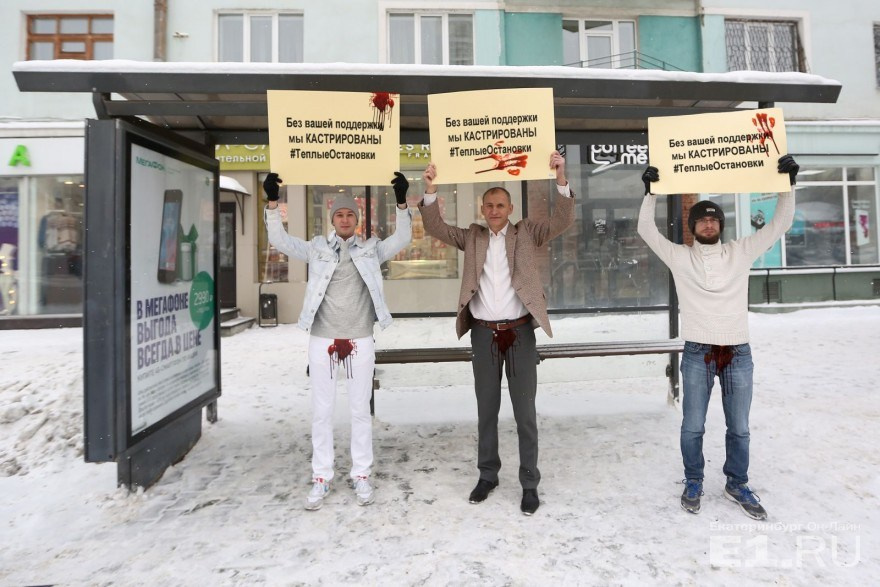
2017 — “The Circus”
The “Inglourious Basterds” entered the political arena directly. Under the slogan “Politics is a Circus,” they launched an electoral campaign, signaling a decisive move where the artistic gesture transcended the sphere of art to confront the machinery of power itself.
2024–2026: The Absurdity Continues
A decade later, the political landscape has shifted dramatically, marked by peak repression, political trials, and intensified censorship. In a stark, ironic twist, the city authorities officially acknowledged the need for heated bus stops and finally installed them.
However, these new structures were fundamentally dysfunctional and even dangerous: they violated safety standards, lacked actual heating, and posed sanitation risks. The state’s solution was a hollow simulacrum, completing the cycle of absurdity the collective had long denounced.
The artists responded with a new wave of actions:
- “Time Passes, The Temperature Doesn’t”: A succinct commentary on political and social stagnation, highlighting how, despite the passage of time, the core conditions of neglect remain frozen.
- “City of Demons”: A stencil-based street art campaign satirizing the entire system, portraying the city as a realm governed by malign, absurd forces.
- Digital Caricatures of Officials: A shift to viral, digital protest. These instantly shareable cartoons became a powerful tool to mock and hold officials accountable, bypassing traditional censorship through the speed and reach of social networks.
The State of Public Transport Stops in 2025
February 2025: The “Model” Structure
Local administration officials proudly designated this bus stop as a “model design, ” announcing plans to replicate it across the city. This declaration came despite the structure’s now-documented failures: the lack of functional heating and its hazardous design. The “model” was, in fact, a blueprint for institutional neglect, its endorsement a masterclass in bureaucratic cynicism.
August 2025: Electoral Farce
In a move that laid bare the political motivations behind the project, the administration prepared for upcoming elections. The interior of a pavilion was emblazoned with the single, commanding word: “Vote.” This transformed the space from a failed public utility into a crude campaign billboard, explicitly linking the promise of basic services to political performance and compliance.
“How I Froze in 2025”
The collective’s documentation of this grim reality was met with immediate and definitive retaliation. The very stop that had been featured in their review was completely dismantled and removed the following day. This act was more than just a cleanup; it was a symbolic erasure, an attempt to literally disappear the evidence of failure and critique from the urban landscape.
























































